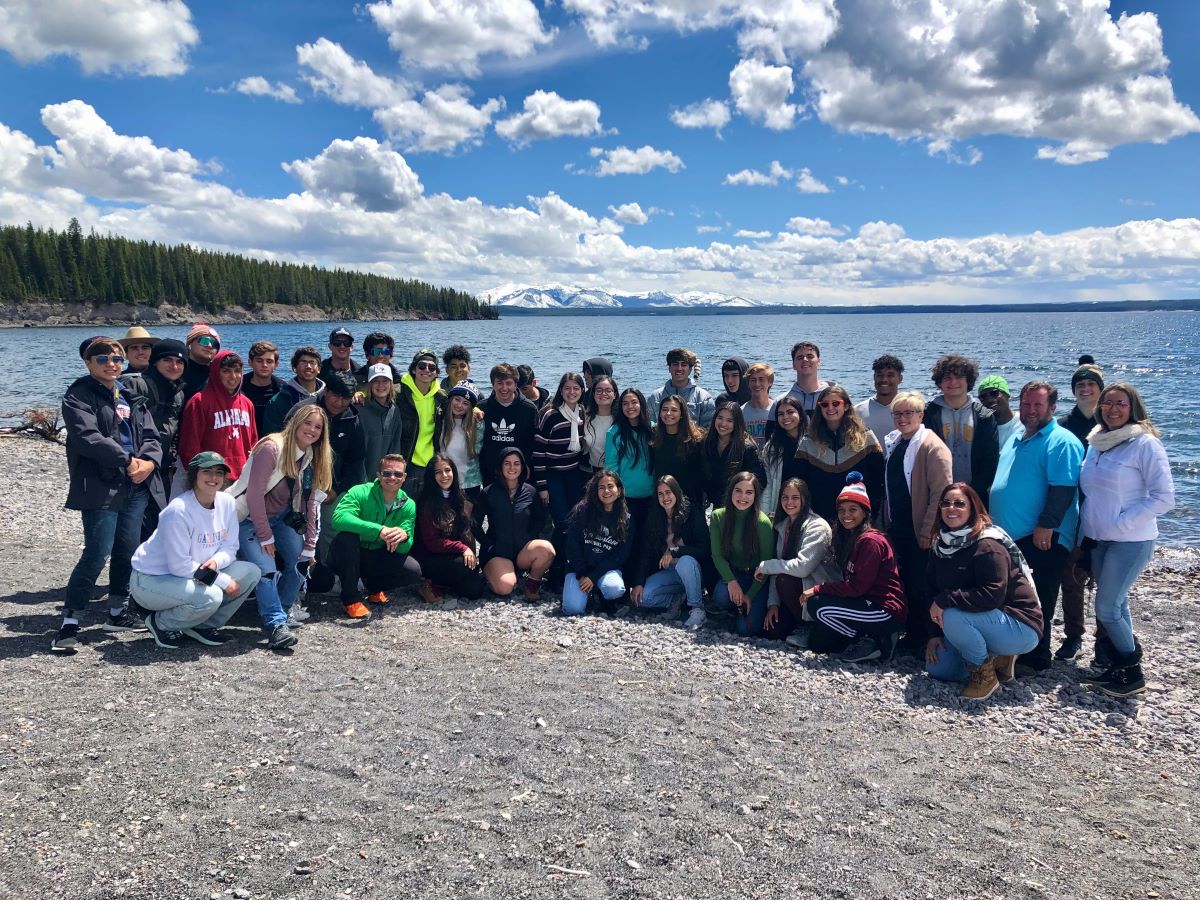Let’s plan a trip! That phrase is filled with excitement, opportunity and anticipation!
A recent survey showed that 92% of students say that travel had a lasting impact on their worldview, and more than half of them say that it was the most important experience of their lives. Let’s add that the student travel industry brings in a whopping $185 billion annually.
With that much influence and that much money, are you making the most of your school’s travel?
Research from the Student Youth and Travel Association states: “According to the SYTA Student Travel Digest, 74% of schoolteachers surveyed believe travel has a very positive impact on a student’s personal development and 56% of teachers believe travel has a very positive impact on a student’s education and career. The digest also shows that 74% of teachers believe travel positively impacts students’ performance at school.”
Most schools offer some sort of travel for their students. It could be class retreats, state history programs, U.S. history, language, performing arts, or just a fun trip to explore the world! We know that these programs are a valuable addition to your educational experience, but have you considered the strategic “why” behind each experience? For Christian schools, you have an even deeper calling/opportunity behind travel and missions. (Matthew 28: 18-20).
Have you considered the following?
- How will your trip make a lasting impact in the lives of the students who attend?
- Will parents see the value in the added expense?
- Can you impact the Kingdom of Heaven through your trip?
For nearly two decades, I’ve worked with hundreds of Christian schools and had countless conversations with administrators, teachers, group leaders, parents and students to discuss the “why” behind travel and missions.
Through this process, I’ve come up with a few questions to ask, a few things to consider, and a few best practices that will help you to craft travel experiences that inspire purpose, develop leaders and, most importantly, share Christ through your school’s trip.
Let’s jump in!
Question 1: Why are you offering this trip?
This is the first question that I have my team members ask their clients. This allows us to craft not only the appropriate destination for the desired experience, but also the daily itinerary that we will follow.
Philippians 2:3-4 gives us solid guidance here: “Do nothing out of selfish ambition or vain conceit. Rather, in humility value others above yourselves, not looking to your own interests but each of you to the interests of the others.”
If you are able to answer this question, it will help you with Question 2. We’ve found that there are four primary answers to this question.
- Expanding their worldview (Language, History, Culture and the Arts)
- Enhancing their academic experience (a classroom without walls)
- Making memories through fellowship and fun (team building, fun and exploration)
- Making an impact in the lives of others (Fulfill the Great Commission – missions & service)
Question 2: Will parents see the value in the trip?
This is a tough question, because it impacts the pocketbook of parents. The national average for Christian School tuition is $12,790, so why should parents pay more money for a trip? Great question, and parents want an answer. If you’ve already answered Question 1, then make sure to communicate the “why” behind the price tag.
Question 3: How does this trip make a greater impact?
This last question can be a tough one, because “greater impact” can be defined differently for different people. We define a successful tour by achieving one or more of the following:
- Does the trip build community and fellowship through the students on the tour?
- Do you better a community or people through your actions?
- Do you actively share the Good News of Christ with the lost?
If you can answer these three questions before launching a trip, it will help you to build a successful travel experience that brings both value to your students and approval from parents.
The final point to consider is whether to do a trip “in-house” or with a travel partner. Here are just a few pros and cons to help you make your choice!
DOING A TRIP IN-HOUSE
Pros:
- You can usually do it cheaper.
- You have a guaranteed private tour with just your group.
- You choose every element of the tour.
Cons:
- All liability is on the school. Make sure that your insurance covers it.
- You have limited resources from subject matter experts in travel.
- It is added stress on school staff and accounting.
- If things go wrong, you have to figure it out. (weather, sickness, social unrest, etc.) Do you have a game plan?
CHOOSING A TRAVEL PARTNER
Pros:
- You get to use experts in their field.
- You have vetted vendors for large groups (restaurants, hotels, coach bus companies, etc.).
- Should things go wrong, you have a full team of experts ready to help (depending on which company you choose to partner with).
- You have deferred liability. ($1,000,000+ liability insurance is generally required).
- There is an automated online payment system (no pressure on your accounting team).
Cons:
- Usually, the cost is a bit more (depending on which travel partner you choose).
- There are extra processes to register (every company is different).
- Some companies combine your tour with others (or you pay the private tour price).
Now that you have the questions, know the options, and are ready to communicate it all to parents, let’s get to traveling!
Michael Mauk is the director of sales at Joshua Expeditions (JE), a non-profit educational travel and global mission’s ministry, www.travelje.org.



